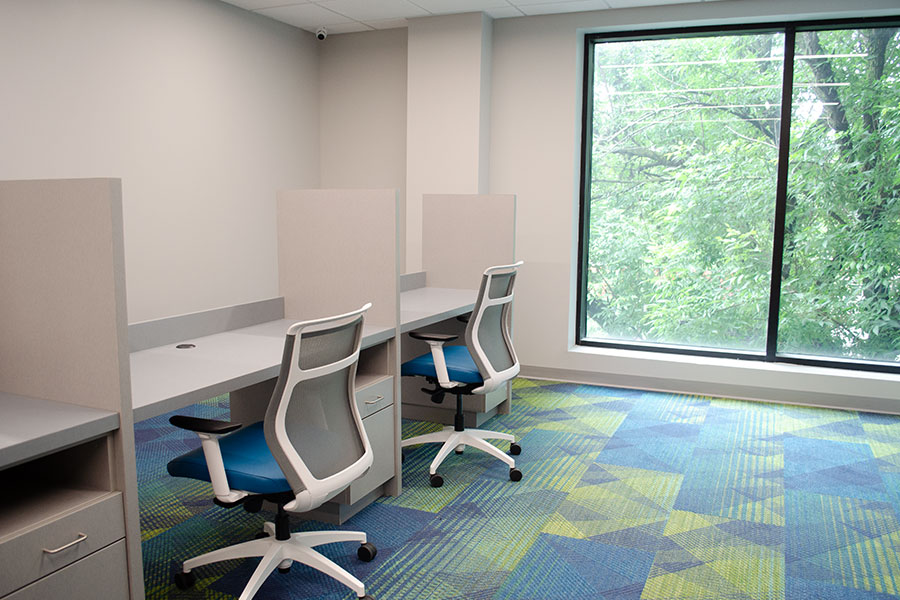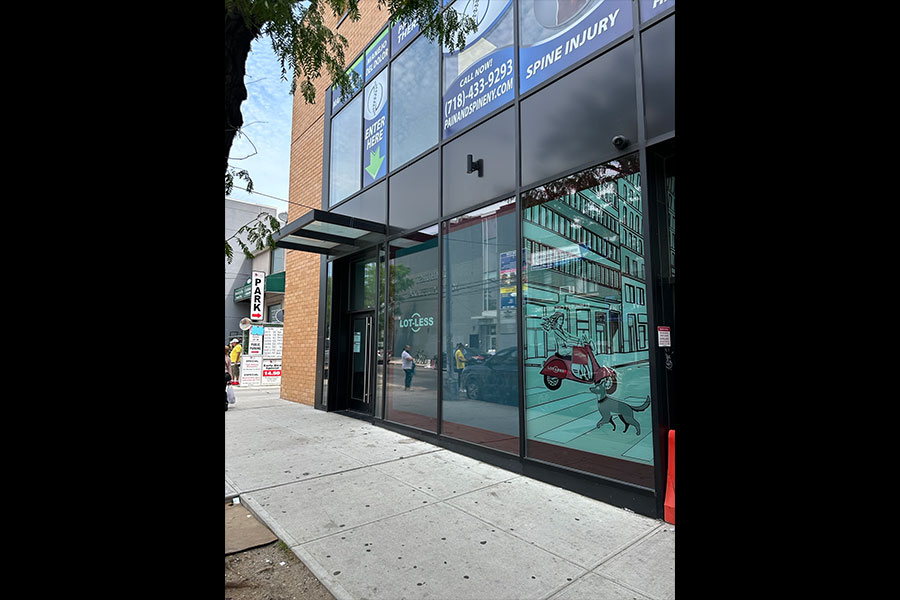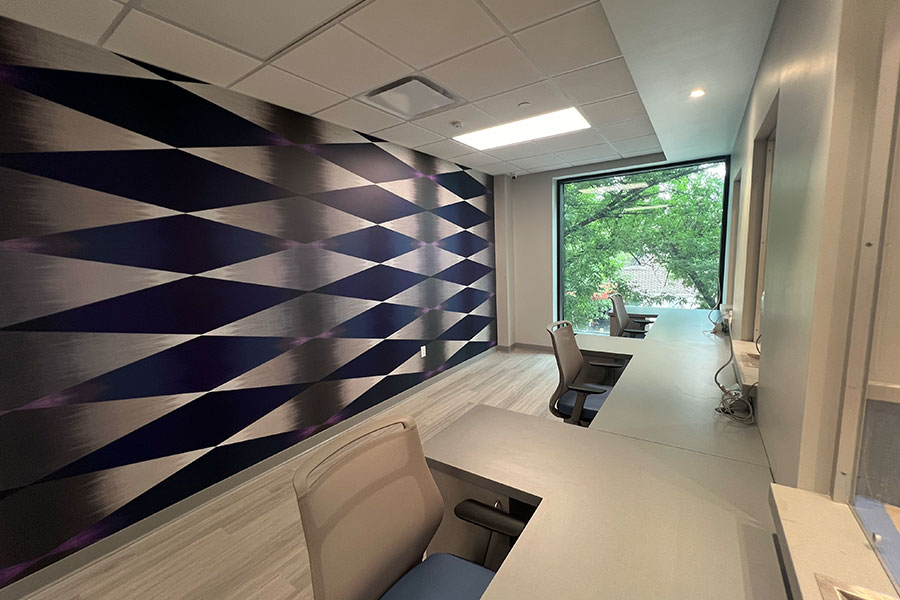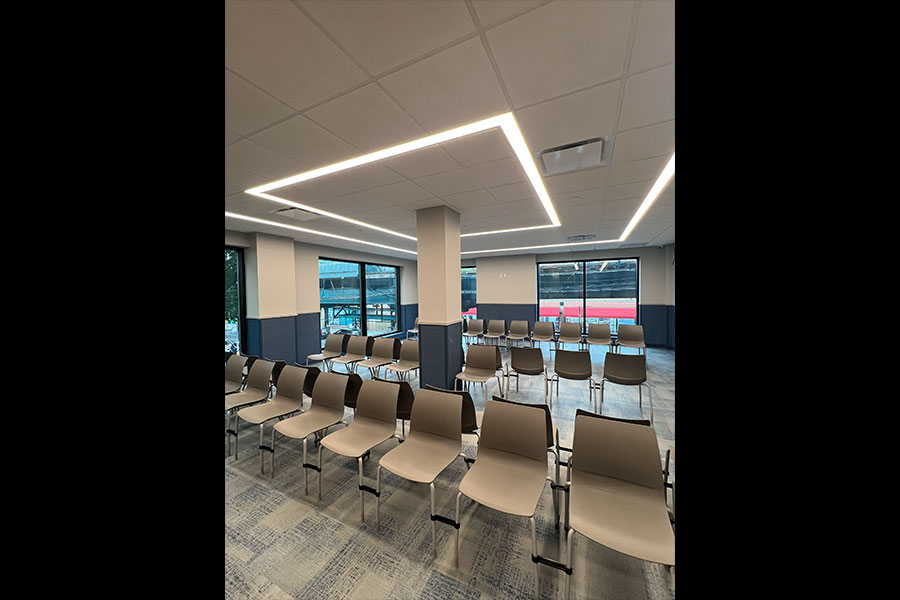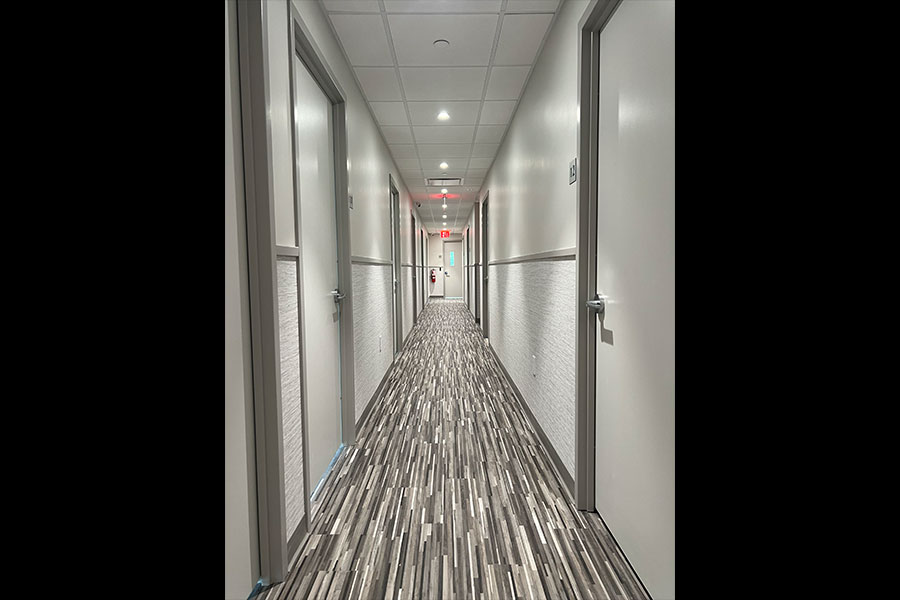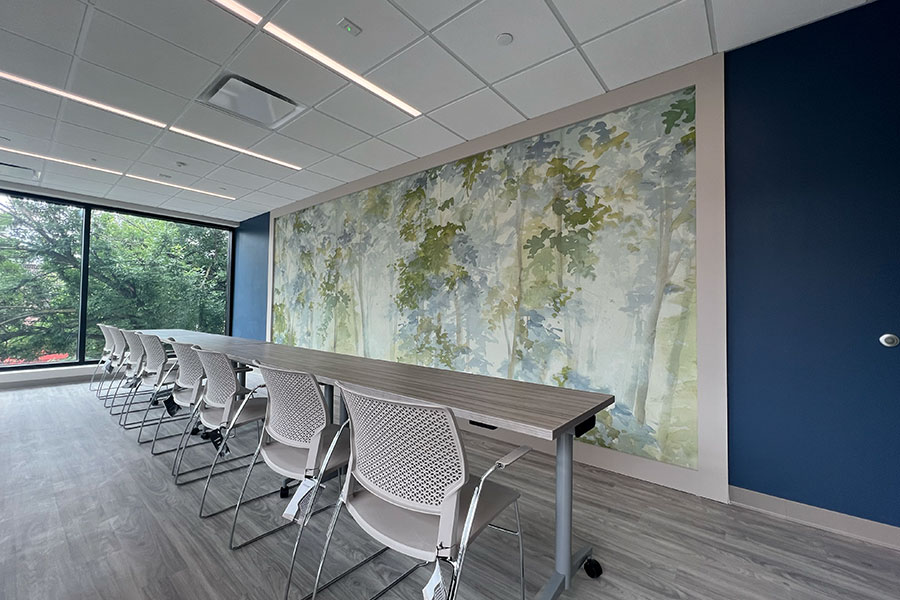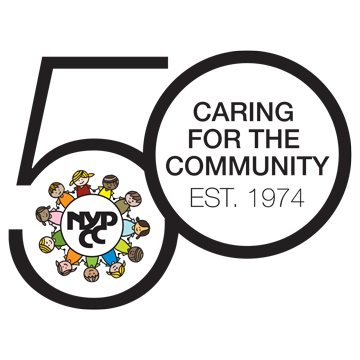NYPCC Fall RoundTable
NYPCC held an October Roundtable event to discuss Burnout Prevention for Clinicians.
Isabelli Ricarte, LMHC, Clinical Supervisor and Training Specialist at NYPCC, moderated the conversation. This discussion included three panelists: Scott Bloom, LCSW and Director of Special Projects and Initiatives, Kyra Alston, LMHC and Clinical Supervisor, and Michael Rodriguez, LCSW. This event discussed burnout prevention as well as self-care practices for clinicians.
The panelists began by defining burnout as a state of emotional, physical, and mental exhaustion caused by excessive and prolonged stress. Stress and burnout often get lumped together but we wanted to know, how do they differ? Stress is temporary or tied to a particular event and is a normal part of life that we all experience. Unlike stress, burnout is a response to extended, excessive stress that leaves us mentally and physically drained, cynical, detached, and less effective. Scott explained that burnout begins as feelings of stress – it doesn’t start as burnout, but it builds, and you get to “an edge”. General feelings of indifference, low self-esteem – inability to perform everyday tasks are common. “We become alienated from our passion.” Kyra mentioned that clinicians’ work is around modeling behavior – modeling attachment, commutation, and professionalism. “Healthy boundaries are another thing we should model. If I’m not okay, I can’t help anyone else – any help I’m providing from that place is damaged.”
A theme that was present throughout the discussion was the importance of self-care. Each person has the ability to prevent burnout by using what works for them. Clinicians must become aware of their own needs, boundaries, and activities that allow them to prevent and treat any signs of burnout before it happens. Isabelli Ricarte began by stating that she prioritizes going to the park and looking at the Hudson River. This allows her to stop “running on automatic.” Kyra emphasized forming strong boundaries. “There’s an idea in social services that you can’t say no – this leads to burnout,” Scott added to this, “You must remember work is only one part of your life.” Having several self-care routines and having several places you can draw strength from, allows for other aspects of your life to be healthy and it will show in your work. Michael listed daily gratitude as the practice that helps him the most. He pointed out that burnout affects the body and strains the mind. Finding a routine and balance that works for you is essential in helping prevent feelings of burnout.
Thank you to the amazing NYPCC staff that partook in this important conversation. Lesson Learned: To care best for those in our community, we must also care for ourselves.
To learn more about our open positions visit www.nypcc.org/careers
